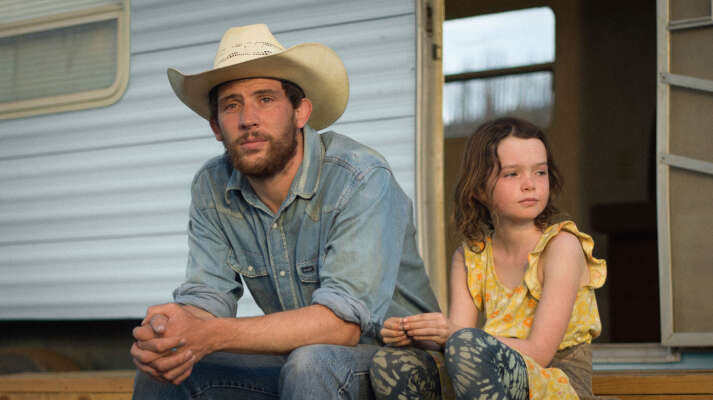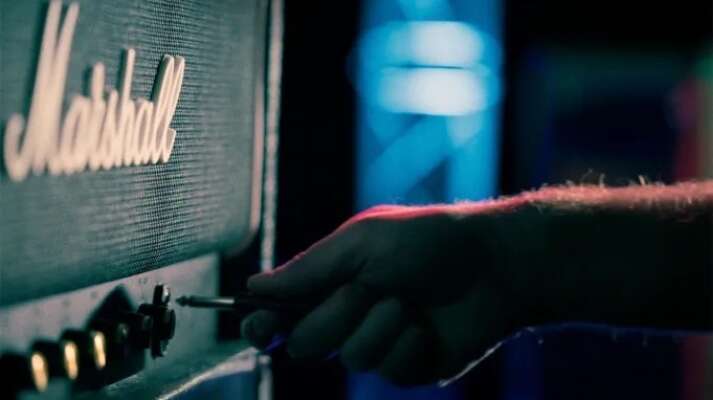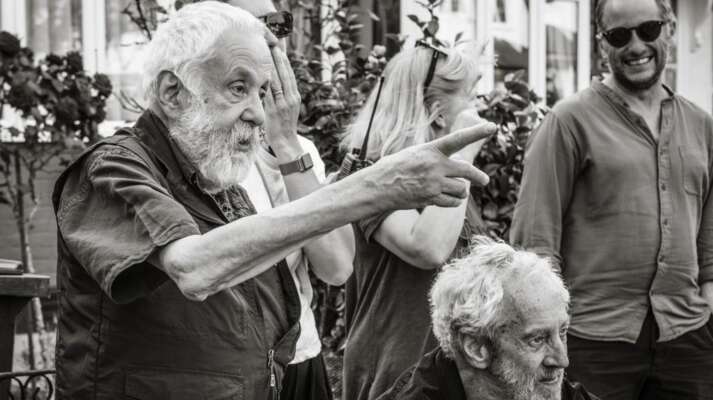Interview with Thomas Adès
Creating the Score for Colette
Interview with Thomas Adès
Written by Peter Bowen
Wash Westmoreland's Colette dramatizes the formative years of the renowned French artist (Keira Knightley), a period during which she gained her voice both as an artist and a woman. Colette comes alive in 1983 after moving to Paris with her new husband, literary impresario and music critic Willy (Dominic West). Nourished by the art, literature, fashion, and music of the Belle Époque period, Colette embraces both her literary ambitions, penning the popular Claudine novels, and her power as an independent woman. To capture the spirit of Colette's artistic awakening, as well as the electrifying times in which she lived, the filmmakers brought on the composer and musician Thomas Adès to write the score. Since he took second place in the piano class of BBC Young Musician of the Year at 18 years old, Thomas Adès has been one of the most exciting new talents in the world of classical music. His various orchestral, operatic, and chamber pieces have been performed around the world to critical acclaim. His 1995 chamber opera Powder Her Face was applauded for both its compositional skill and daring subject matter. His 1999 orchestral piece Asyla, which ingeniously introduces techno into a classic format, won the prestigious Grawemeyer Award. His latest opera, The Exterminating Angel, adapted from Luis Buñuel's 1962 film, opened at the Metropolitan Opera with The New York Times proclaiming, "If You See One Opera This Year, Make It The Exterminating Angel."
We asked Adès about composing his first film score, how he connected to the music of Colette's period, and what makes her such an inspiring figure.
How did you get involved scoring the film?
Wash and I were talking about music in Paris in the 1890s and 1900s. I said it's one of the richest times and places in music history and one of my favorites. That's when he asked me if I'd like to score the film. I didn't hesitate!
While this is your first film score, your recent opera The Exterminating Angel was based on Buñuel's film. Is cinema important to you creatively?
I've always loved cinema. Since living in Los Angeles, I have become more and more fascinated by the process of making a movie and especially all the decisions relating to music. Buñuel, of course, doesn't use music at all. That's one extreme end of the possible decisions. I'm fascinated by the way music or the lack of it affects the film.
As your first film score, what was your biggest creative challenge?
The challenge for me was making the music about the film, about Colette and her world-and not about me. It was very freeing to pare the music down to essentials to let the film speak through it. My classical work deals often with an intense, obsessive focus on details of harmony. Scoring the film gave me an opportunity to focus down even closer, almost microscopically, on one or two strands, to reveal as much as possible of the emotional truth of a moment.
Obviously, there is a fine tradition of classical composers scoring film. Were there particular composers that inspired you?
In film music, I love Franz Waxman, Michel Legrand, Elmer Bernstein, and John Williams. Of classical composers who have written for film: Sergei Prokofiev, Per Nørgård.
While the story doesn't focus on music per se, many notable composers are important to Colette and Willy's story - from her writing a libretto for Maurice Ravel to Willy's near duel with Erik Satie. How did you bring that into the score?
Satie is present in the source and a little in the score: I orchestrated one of his Gnossiennes as a waltz for the arrival at the Moulin Rouge. Ravel is present more as a hint, a faint scent, maybe in the use of the harp. There's also the previous generation of French composers. Camille Saint-Saens and Léo Délibes are present in the source music, and my score is in a language they might recognize.
Did you develop a particular motif for either Willy or Colette that was expressive of their character?
Colette herself has several motifs, depending on her emotional state. Harp for remembering, piano for writing. Willy has the horn, and Missy the clarinet.
As a 21st century artist, what does Colette, as both a writer and an individual, mean to you?
What can one say about Colette: an icon, a great writer, but also inspiring as a person of incredible courage, determination, and will. She told the truth in an unflinching way. What more could an artist ask for as a role model?


